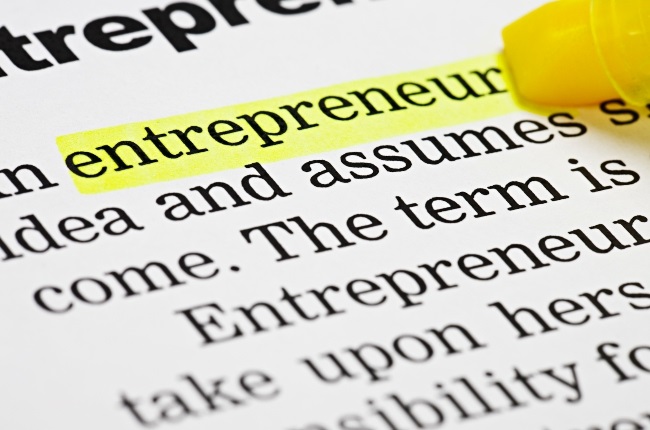
Nursing, teaching, law and being a police officer. It wasn't that long ago that these were seen as some of the only professions to go into for a good life.
Now things have changed so much that there are new jobs and titles being invented every year. This means that when planning their future, matriculants now need to imagine a world that might not even exist yet.
We now live in a world where content creating and being an influencer are some of the most popular jobs, which didn't exist over 10 years ago.
There are more changes coming. In fact, 85% of the jobs that will exist in 2030 have not even been invented yet.
This is according a report published by Dell Technologies and authored by the Institute For The Future (IFTF), a panel of 20 technology, business, and academic experts from around the world.
The world of work has and is going through unprecedented change resulting from automation, artificial intelligence, and the rise of the Fourth Industrial Revolution.
As the world changes and disruptions grow and jobs are lost, it will be the entrepreneurial mind that will seek innovative ways, “pivoting to look for new avenues for growth and unlocking value in different environments not only in business but in government, civil society, and academia,” Nothando Mthethwa explains.
"It is, therefore, crucial to start building and nurturing a generation of entrepreneurial thinkers," she adds. The head of public affairs and communication at the Allan Gray Orbis Foundation says this mindset is needed to address challenges faced by communities, countries, and continents to create competitive advantage, and economic access and empower citizens with a personal agency to respond to a chaotic world.
“As our CEO Yogavelli Nambiar often says, that is why entrepreneurship education should be prioritised as a human right, like clean air, water, food, and shelter are basic needs for young people to survive and thrive in a new world,” she says.
Read more | More than 1 000 Gauteng pupils to get entrepreneurship skills
She believes that fostering a culture of entrepreneurship will reduce the country’s high level of unemployment.
"We need to start investing, identifying, and developing entrepreneurial potential in young people over the long-term, this is not a quick fix. Entrepreneurship education needs to enter the mainstream basic and higher education curriculum underpinned by teaching and learning. The democratisation will need to be entrenched in an act through policy development that creates accessibility and inclusivity so that all our children gain this knowledge through fun and practical methods," Nontando says.
She recommends young people start planning for their future as soon as they begin Grade 12 because time provides them with choices.
"Understanding which degree/diploma options they would like to pursue as well as which potential funders/bursars fund those qualifications and to what extent. This, in turn, enables them to put in the work required for them to meet the requirements of their identified opportunities. Often, by applying at the last minute, students are limiting their options as if their current results don’t qualify them for the opportunity at hand, there is often very little mitigating actions they can take to improve their chances of accessing opportunity.”
Nontando shares that they receive on average more than 5000 applications across the country annually.
“If we are to ensure that every qualifying candidate gets an opportunity to showcase their potential through our interview and selection camp processes, as well as ensure that they are accepted at one of our placement partner institutions, we need time. As a result, when students apply post-matric for such opportunities, they limit their access to such opportunities as most bursars require a reasonable amount of time to decide on who gets the opportunity.”
She says despite the increasing unemployment rate amongst graduates, "education has the potential to serve as an equaliser, especially for youth who come from underserved communities where choice, opportunities, and networks are even more limited".
"Of course one understands that it doesn’t guarantee success, but it gives you a better chance to access opportunities. It provides youth with the opportunity to direct their lives in terms of establishing a sustainable and long-term career," she adds.
A recent study conducted by the Foundation highlighted the value of formal education, even within the entrepreneurship development space. "Individuals who had a formal university qualification stood a better chance at success as entrepreneurs," she shares.
"This can be attributed to the fact that education allows you to develop critical thinking abilities that empower an individual to be able to develop complex yet sustainable solutions to multifaceted challenges, increasing your competitive advantage."
Read more | Five reasons why homeschooling is first choice for many families
The Allan Gray Orbis Foundation currently has a fellowship programme, which students in Grade 12 can apply for. The Fellowship Programme aims to help university students prepare for life as high-impact, responsible entrepreneurs.
The programme aims to identify young individuals who are in grade 12 or doing their first year at university, who show the potential to become high-impact entrepreneurs and will ultimately benefit their communities, cities, and countries.


















